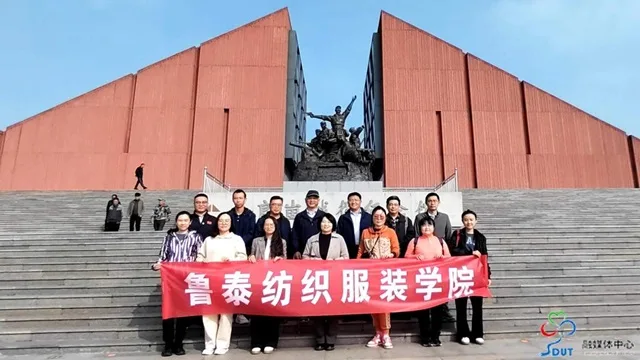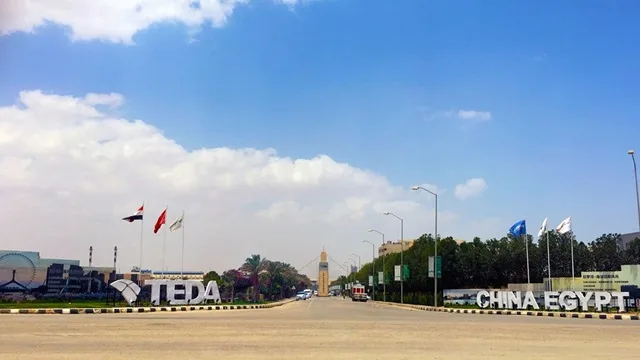Luthai Textile Plans to Invest $385M into Vertically Integrated Facility in Egypt
On 16 December 2024, the General Authority for Freezones and Investment (GAFI) of Egypt announced that Luthai Textile will invest USD 385 million into a comprehensive textile project in Egypt. The announcement follows the visit of a delegation from Luthai in Egypt led by its Global Marketing Director LIU Deming.
Luthai Textile (SZE: 000726A) is the world’s largest manufacturer of dyed fabrics and shirts and is a four-time winner of China’s National Science and Technology Award thanks to its cutting-edge spinning technology.
Founded in Zibo City in 1987, Luthai has grown from a small cotton-spinning mill into a global leader in the textile sector with over 40 factories producing an annual sales of over USD 1 billion. It produces garments for global brands such as Armani, Burberry, Calvin Klein, Hugo Boss, Marks & Spencer, Olymp and Uniqlo, amongst others.

The Project will transfer the complete textile ecosystem and will be vertically-integrated from spinning yarn from cotton all the way to sewing ready-to-wear garments. The factory will occupy 500,000 square metres and GAFI has allocated about 50 hectares for the Project. Egyptian cotton is world-famous for its long thread and unique quality.
Liu underscored Egypt’s stable economy, skilled workforce and growth potential as well as the excellent bilateral ties between China and Egypt as key factors in the investment decision. At the same time, the Chinese government is encouraging its enterprises to ‘go abroad.’
Under the prevailing Investment Law, Luthai will qualify for the Golden License for large or strategic investors. The Golden License provides for maximum incentives and guarantees streamlined processing of permits within 20 working days.

The CEO of GAFI Hossem Heiba underscored that as part of #Vision2030, Egypt is working towards a favorable business climate in order to boost #FDI. From a purely business perspective, Egypt definitely stands out in terms of the unit cost of manufacturing for the apparel sector. Additionally, Egypt controls the Suez Canal which lies along the major maritime routes between Asia and Europe, thus facilitating exports to the key #EU market.
Through its various Free Trade Agreements (#FTA) such as the #AfCFTA, #AGOA and EU-Egypt Association Agreement, Egypt has preferential to a market of nearly three billion. Egypt also possesses a competitive edge in terms of costs and local availability of high-quality raw materials.
The Chairman of the Egyptian Exports Association Mohamed Kassem noted a surge of #FDI into the textile sector recently. He attributed the success to business-friendly reforms in Egypt in order to capture opportunities arising from the shift of Global Supply Chain (#GSC) from China towards Africa.
Egypt generated USD 2.4 billion in foreign currency revenues from textile exports in 2023. The local Egyptian textile and garment sector is worth USD 17.5 billion with a compounded annual growth rate of almost 6%.

